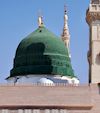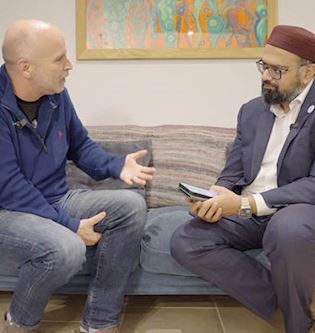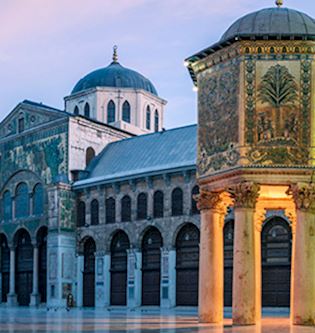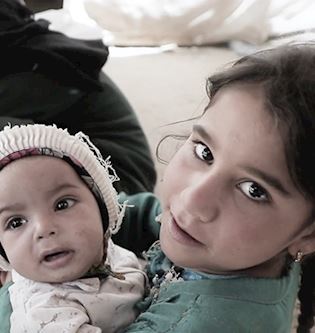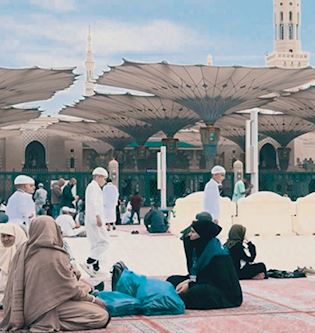Dhul-Hijjah: 6 Fascinating Events from Across Muslim History!

*Reminder: Eid al-Adha is expected to be on 16th June 2024 (subject to moonsighting)! We offer Qurbani in 26 locations from £35 - order now to fulfil your obligation!*
Dhul-Hijjah is the last month of the Islamic lunar year and one of the four sacred months ordained by Allah (swt). There are also several significant events which have occurred in Dhul-Hijjah, for over 1,400 years of Islamic history.
Part One of this series discussed events during the lives of the Prophet (saw) and Sahabah, while this article covers the 8th century to the 19th century. This includes times when Hajj was cancelled or suspended due to conflict or the spread of illness.
Without further ado, here are six things we didn't know happened in this sacred month!
158 AH: The Abbasid ruler Al-Mansur passed away on Hajj
In October 775, Al-Mansur passed away in his camp near Makkah, aged 64. He had led the Abbasid Empire for 21 years and was later regarded as the real founder of the Abbasid dynasty, due to the major changes he had enacted.
Possibly the achievement he is most remembered for is founding Baghdad, which he named the 'City of Peace'. It took nearly five years and almost five million dirhams to build this incredible city. Initially, it was designed to be occupied primarily by the ruler and his entourage, and around 10,000 workers were employed from all over the empire to construct it. [A Chronology of Islamic History]
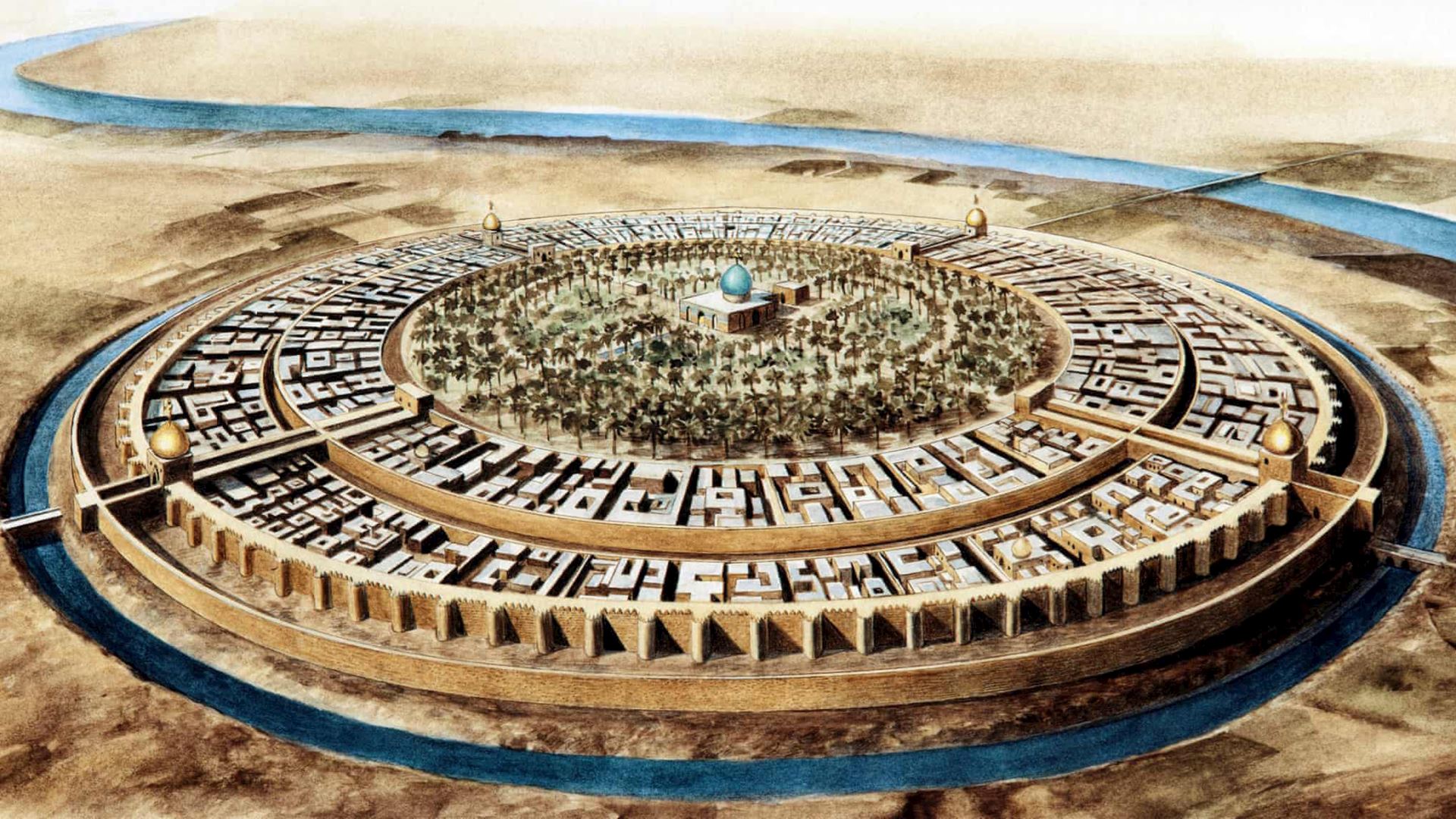
Baghdad is now synonymous with the Islamic Golden Age of the Abbasids, home to the flourishing of science, mathematics, philosophy, literature and more. By the 10th century, the city was among the world's largest capitals; it was highly prosperous and the main Islamic centre of learning in the East. Although Al-Mansur had implemented many changes during his reign, Baghdad is his most famous legacy.
317 AH: The Black Stone was stolen from the Ka'bah
It is a little-known fact that the Black Stone was missing from the Ka'bah for twenty years in the 10th century, after it was stolen during the Hajj season.
For several decades prior to this incident, the Qarmatians (an extreme sect of Ismailis, who had founded a small state in north-eastern Arabia and carried out several revolts against the Abbasids) had been attacking the caravans of pilgrims to Makkah. These culminated in an attack on Makkah itself, during the Hajj season of 930 CE, during with thousands of pilgrims were killed. They then carried away the Black Stone to their oasis, Al-Hasa, and they kept it for twenty years. They returned the Black Stone after pressure from the Fatimid ruler Al-Mansur (different from the Abbasid ruler Al-Mansur). [A Chronology of Islamic History]
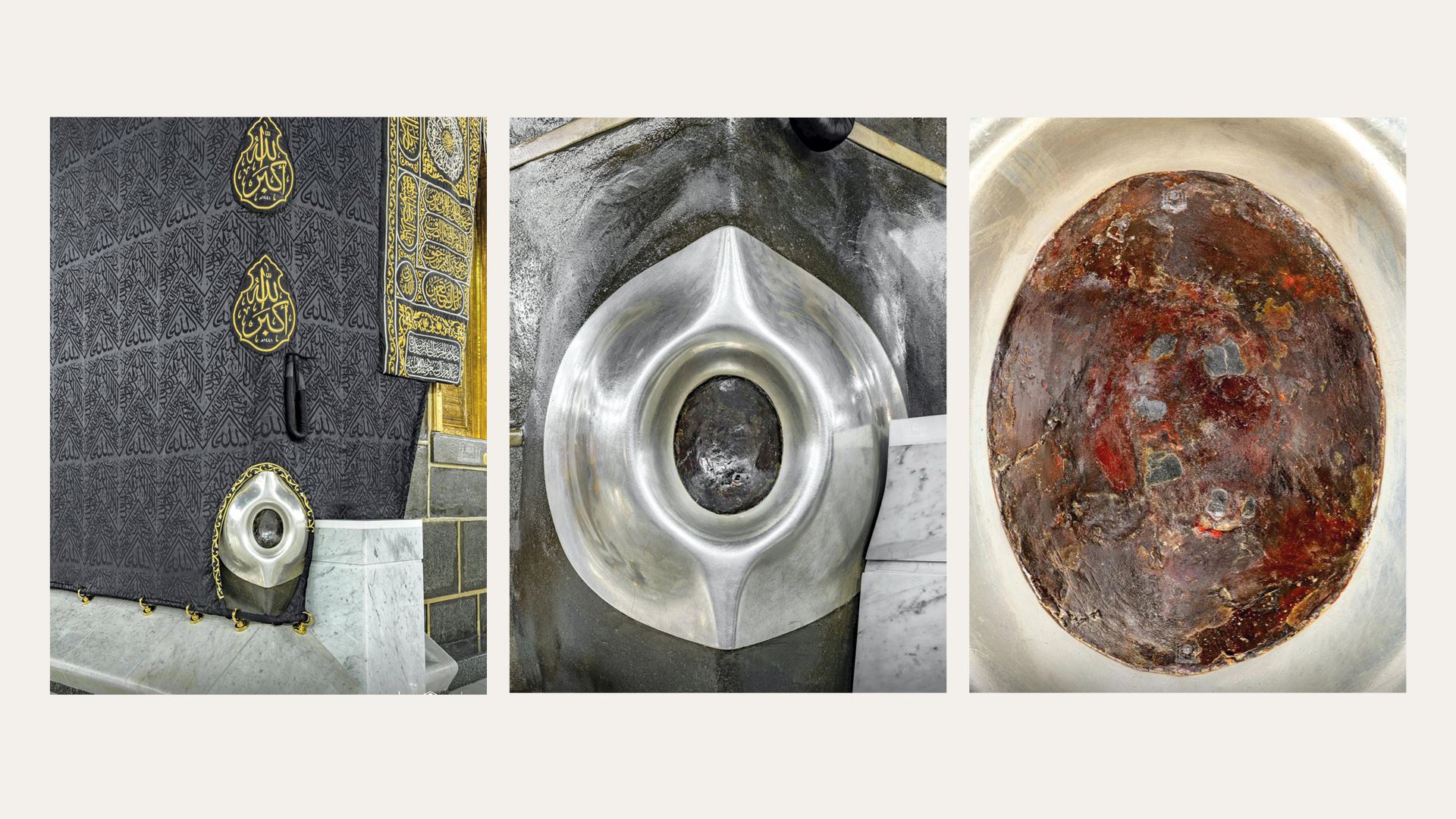
Some historians state that the Abbasids actually paid for the return of the Black Stone [TRT World]. In any case, for more than 10 years after the massacre in Makkah, scholars banned the Hajj out of fear for pilgrims' safety, thus putting Makkah into an extended 'lockdown' similar to what we've seen today, though for very different reasons.
According to the Britannica Encyclopaedia, the Qarmatians were alleged to oppose many of the teachings of the Prophet Muhammad (saw) and they were overthrown in 1077-78 CE by local Sunni tribes. However, their influence persisted in Bahrain.
362 AH: Al-Biruni was born
Al-Biruni was a Muslim astronomer, mathematician, ethnographist, anthropologist, historian and geographer, born in the 10th century in present-day Uzbekistan. Ma sha Allah, despite living during a time of political turmoil and having to escape conflict often, he wrote 146 works, about half of which were on astronomy and mathematics.
Throughout his life, Al-Biruni lived in Uzbekistan, Iran, Afghanistan and even India. His books were truly encyclopaedic, covering a range of topics - from the culture and customs of India, to the importance of mathematics for fulfilling religious duties like facing the Qiblah, to the role of precious metals and gems in economic systems, to the scientific utility of Arabic and Persian when identifying drugs. SubhanAllah!
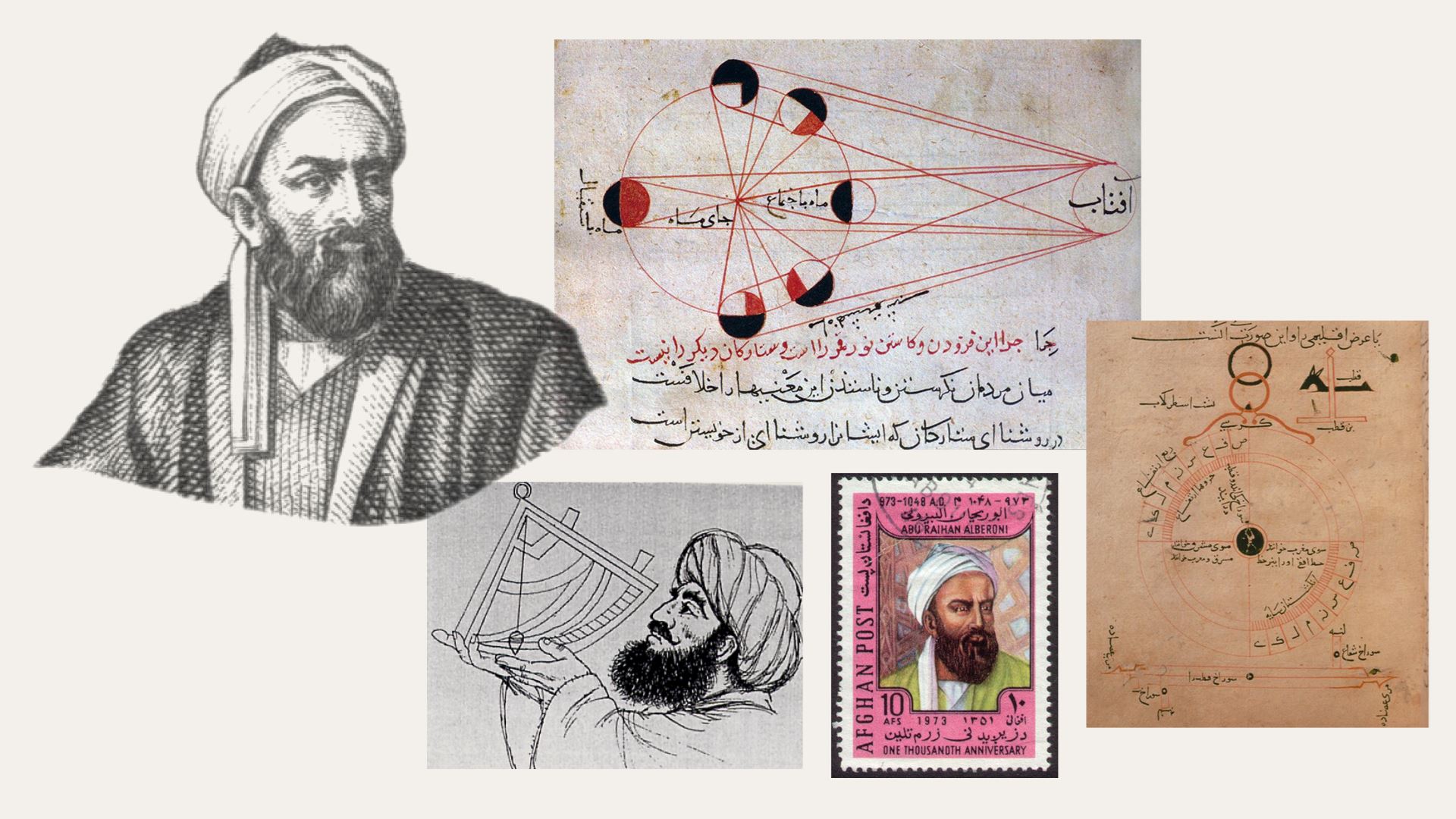
Unfortunately, only 22 of his works have survived. Nevertheless, Al-Biruni is a perfect example of the contributions of historic Muslims to modern global knowledge. He was constantly fleeing war and seeking patronage yet his intelligence and determination helped to advance science and mathematics for both the Ummah and humankind, and we owe a lot to Muslims like him who lived throughout history.
724 AH: Mansa Musa completed his pilgrimage journey
Technically, the famous pilgrimage journey of Mansa Musa began before Dhul-Hijjah, but it was completed in Dhul-Hijjah, so we thought it was worth including! The below information is all from Lost Islamic History by Firas Al-Khateeb.
Mansa Musa was the King of Mali, ruling from 1312 to 1337. The Kingdom of Mali was actually the first native Muslim kingdom in West Africa, founded in the 1200s, and at the time of Mansa Musa, it was one of the wealthiest and most powerful Muslim empires of that era. While the Middle East had just experienced the Mongol invasion and Al-Andalus had been reduced to just the city of Grenada, Mali was flourishing in the distance. Much of what we know of Mali is actually because of the accounts of Mansa Musa's epic pilgrimage journey in 1324.
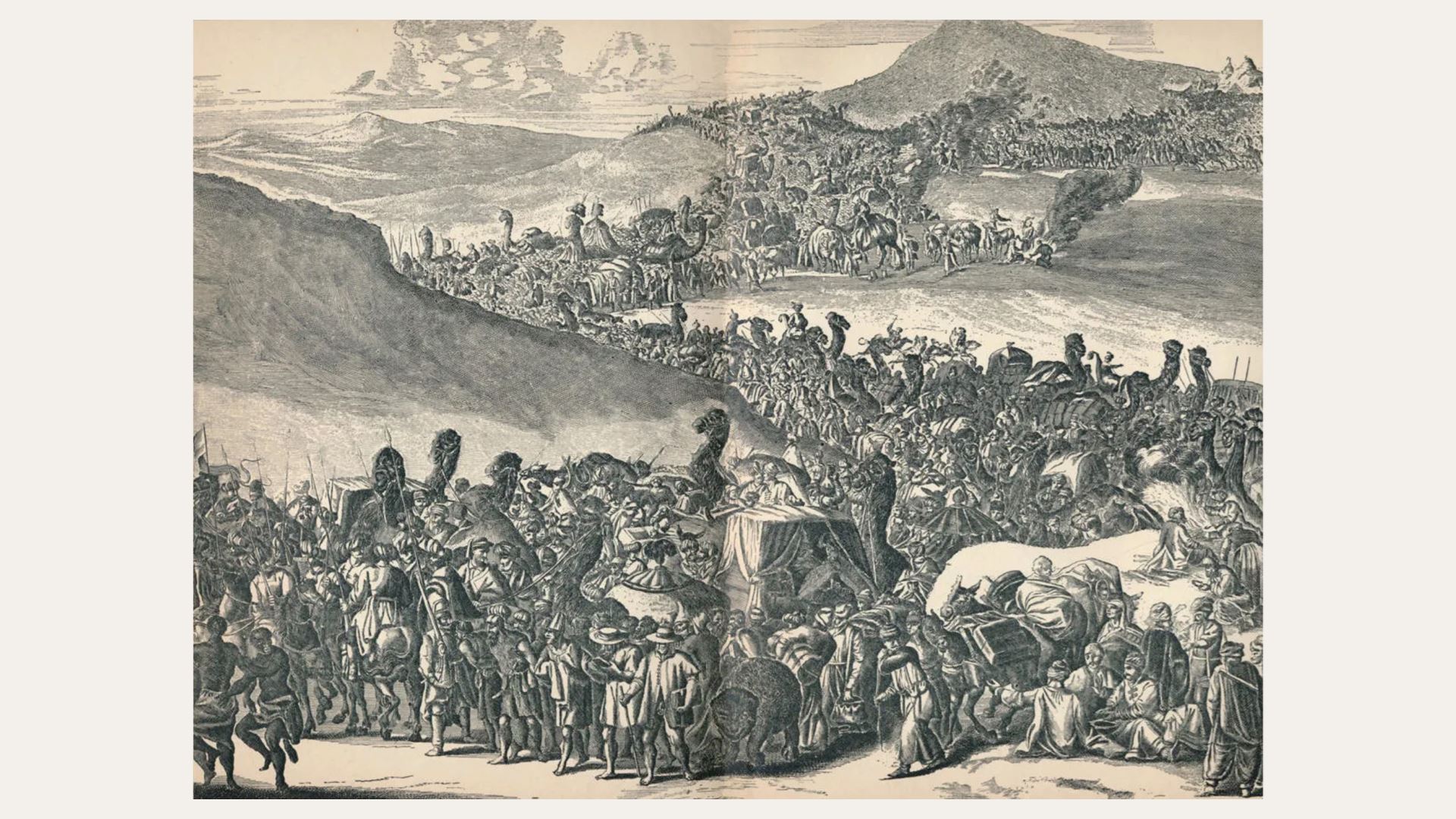
His Hajj caravan consisted of 60,000 people when it left the West Africa Savannah, ma sha Allah! The king was accompanied by 12,000 people, each dressed in valuable silk robes and carrying two kilograms of gold from Mali's gold mines. The caravan's camels were carrying bags of gold dust, which were distributed to the poor along the way to Makkah.
SubhanAllah, we can't imagine what it would have been like to witness this grand procession from an unknown West African kingdom, with a king generously pouring his gold into every town and city he passed through! Incredibly, Mansa Musa was said to have given out so much gold in Egypt that the unintended inflation wrecked the economy! In fact, when Ibn Battuta visited Egypt ten years later, he said that local economy had still not recovered.

After Mansa Musa reached Makkah and performed Hajj, he did not return home empty-handed. SubhanAllah, he paid for some of the best scholars, teachers and artists to accompany him back to Mali. Arabs, Andalusians and Persians all came home with this king to create a thriving centre of knowledge in Mali. Half a century after Baghdad's House of Wisdom had been destroyed by Mongols, a new hub of scholarship arose in West Africa. An Andalusian architect whom Mansa Musa had brought with him, Ibn Ishaq, built masjids and schools throughout Timbuktu, and it soon became one of the leading centres of learning in the Islamic world.
A century later, in the early 1400s, Abdul-Rahman Al-Tamimi, a scholar from the Hijaz, travelled to Timbuktu only to realise that the level of scholarship was so high that he would need to take prerequisite courses in Fez before he could study with Mali's scholars. And he was from the Hijaz, subhanAllah! Mansa Musa had completely transformed the Islamic scholastic landscape of West Africa, and it all began with that incredible pilgrimage journey in 1324.
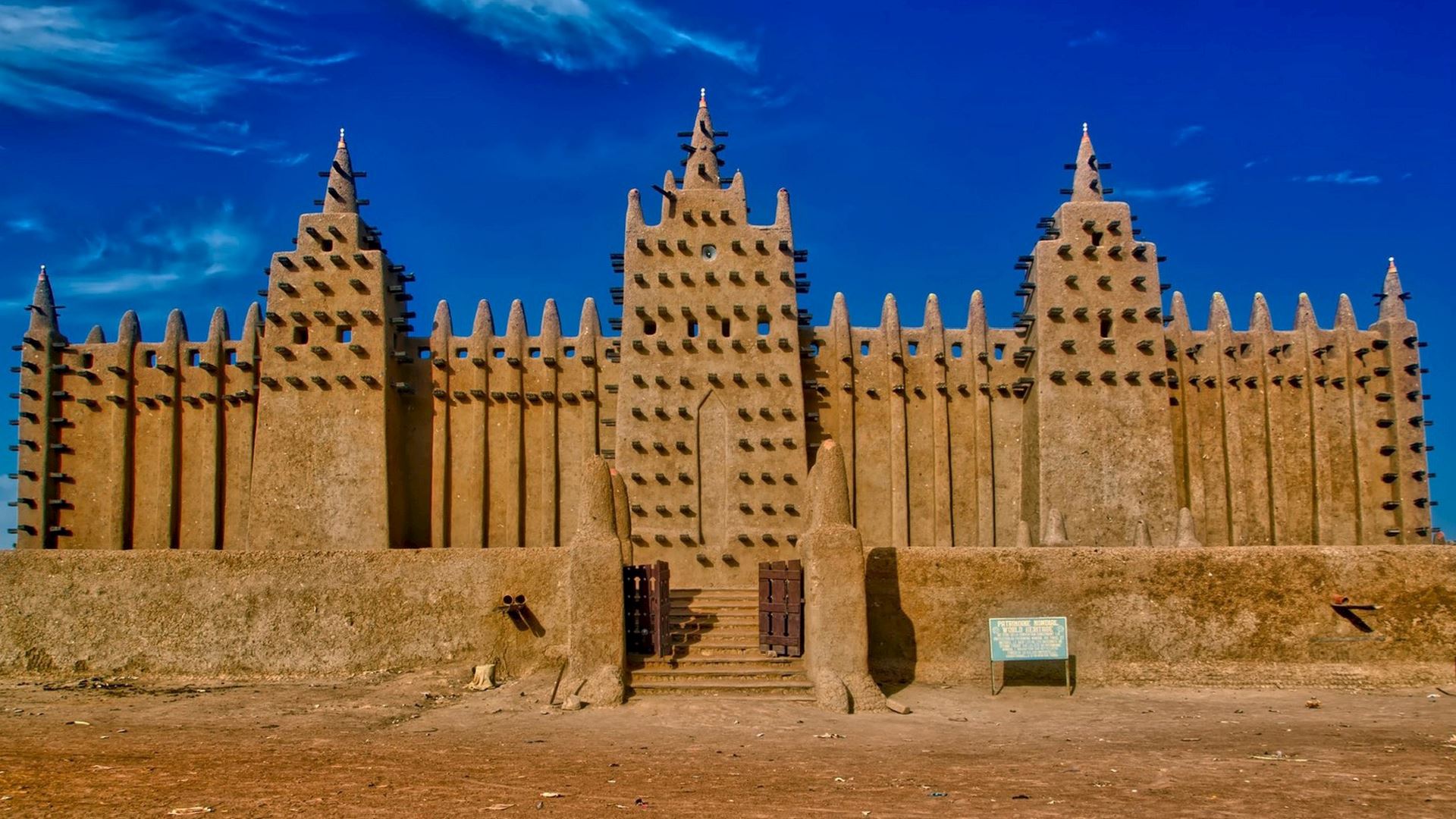
(Pictured above: the historic Djenne Masjid in Mali, a UNESCO World Heritage site. Click here to preserve this landmark of Islamic heritage).
1246 AH: Hajj was suspended due to the plague
2020 was not the first time Hajj had to be cancelled to prevent the spread of an illness. As recently as 1831, the entire pilgrimage had to be suspended in order to manage a crisis caused by the plague.
At the time, people were already on Hajj when a plague from India swept through Makkah. Reportedly, three quarters of the pilgrims passed away that year and the Hajj was suspended.
In 2020, only 1,000 people were allowed to perform Hajj, in 2021, only 60,000 pilgrims were allowed into Makkah and in 2022 only those below the age of 65 were able to perform Hajj. These restrictions were for everyone's safety, as it was not so long ago that so many people tragically died due to a plague in Makkah and countless families were grieving as a result. Ultimately, the events of the last few years were written by Allah - we pray that, in 2023, we will be able to perform Hajj safely.
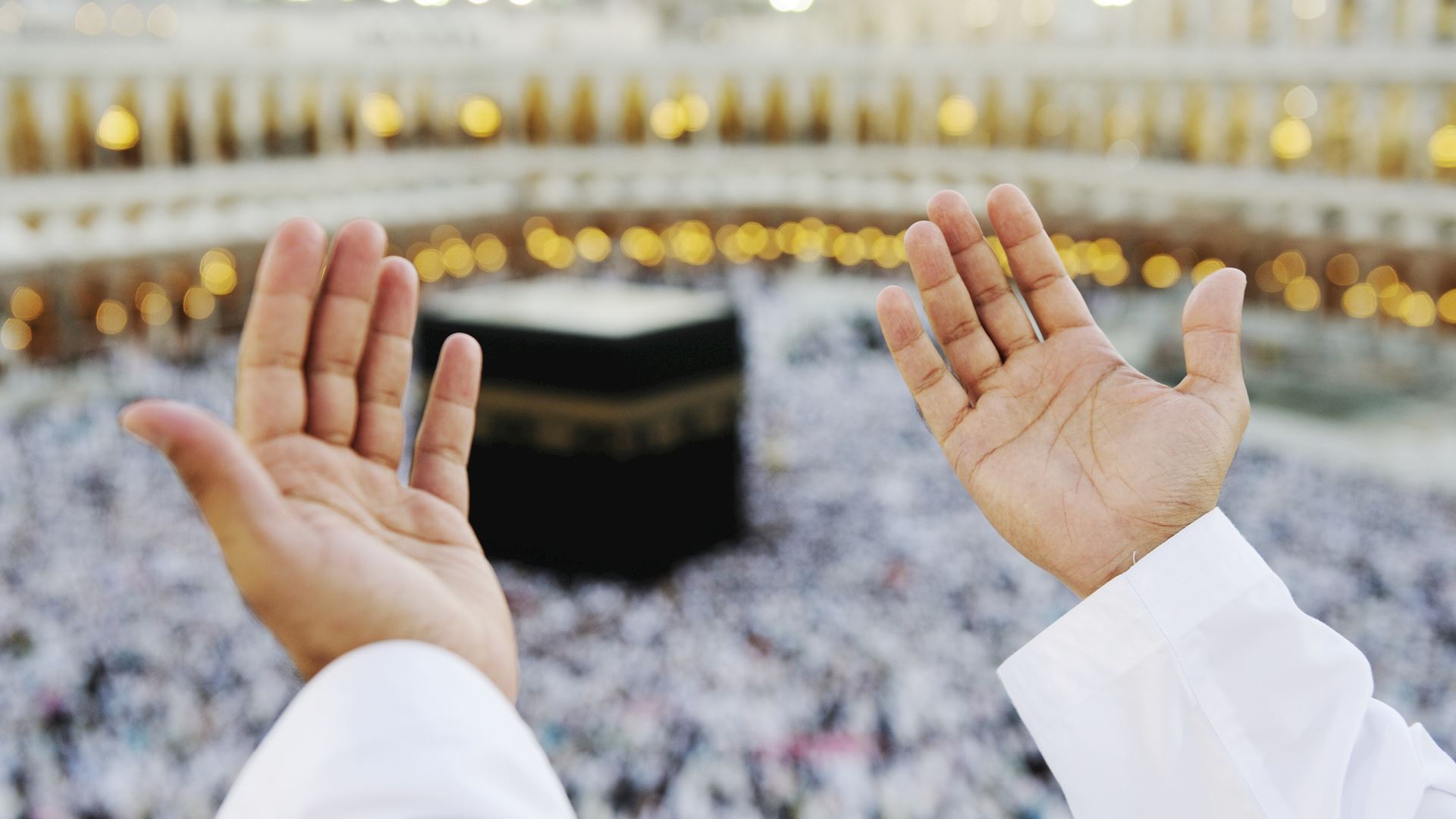
1262 & 1274 AH: Hajj was suspended due to cholera outbreaks
Throughout history, Hajj has been cancelled or suspended 40 times. Three of those occasions were in the 19th century: due to the plague from India, as mentioned above, and also due to two cholera outbreaks.
In 1846, after cholera spread through Makkah, over 15,000 Muslims passed away and the pilgrimage had to be stopped in order to firstly, contain the disease, and secondly, attend to those who had died. 12 years later, cholera spread through Makkah once more, and pilgrims were forced into makeshift quarantine camps on the shores of Red Sea in Egypt.
We cannot imagine what it would be like to make it all the way to the Ka'bah only to pass away due to an unpredictable deadly illness - we can only pray that all their pilgrimages were accepted, and that such an illness never breaks out in Makkah again, amin.
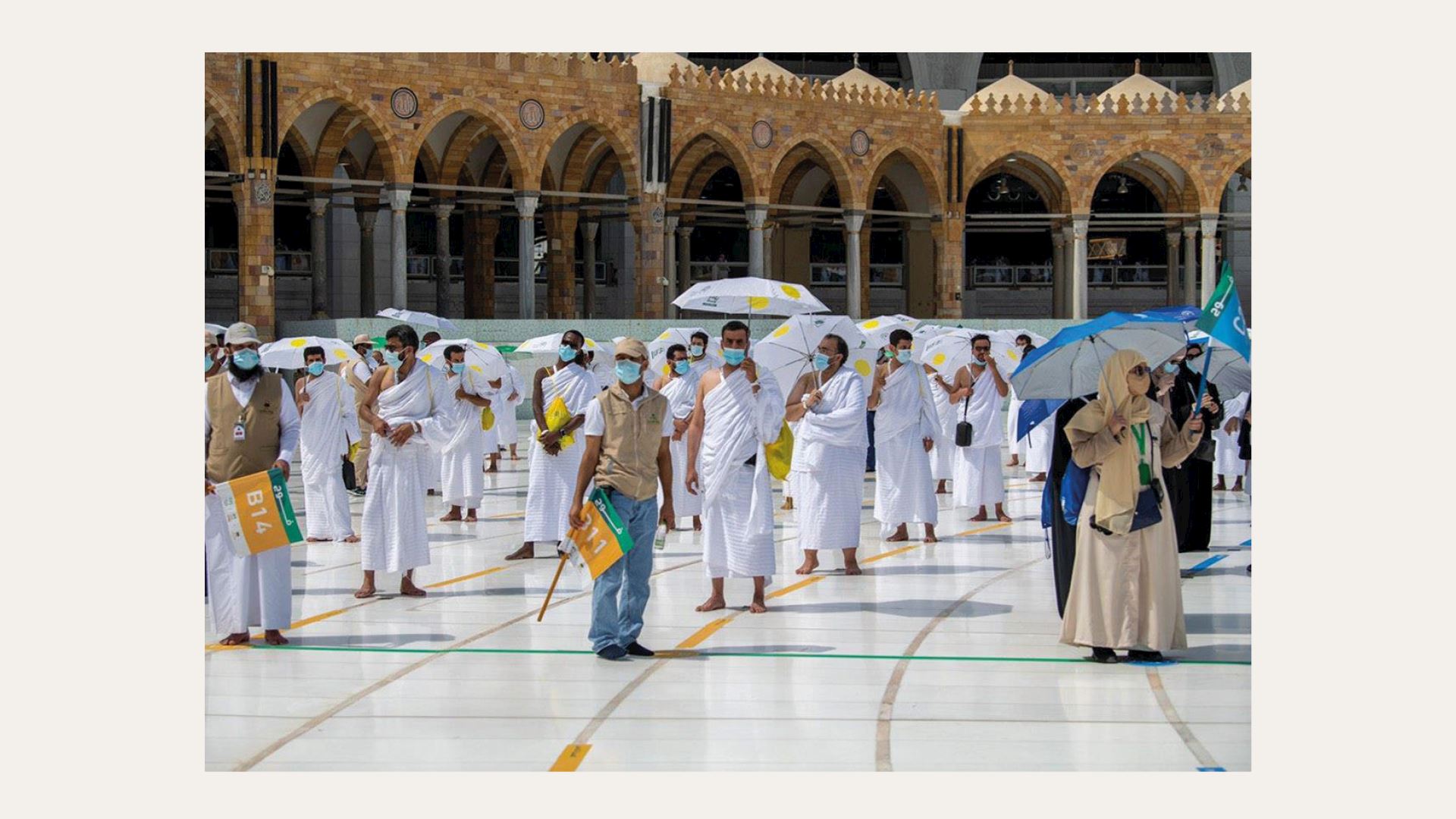
Studying these epidemics in history not only makes us grateful for the restrictions which have been put in place today, it also makes us realise just how deadly diseases like cholera can be. But many of us have the ability to make the world safe from these illnesses. For example, in Yemen war-torn communities are at risk of both cholera and malnutrition, but thanks to generous donors like yourself, our teams are providing safe drinking water and supporting vital healthcare, helping to protect those who are vulnerable this Dhul-Hijjah and beyond.
Conclusion
SubhanAllah, this article covers a variety of important events across Islamic history, from the famous pilgrimage of Mansa Musa to times when Hajj was suspended. It is essential for us to remember incidents like these in order to draw lessons from them for the present and future.
If you would like to help us preserve our Islamic heritage, you can either give to the Islamic Heritage Fund, or support specific projects such as the maintenance of the Djenne Masjid. There are so many ways you can serve the Ummah this Dhul-Hijjah; we may not have the economy-shaking wealth of Mansa Musa, but we can all do our part!
Check out Part Three of this series to see incidents which occurred in Dhul-Hijjah in the 20th and 21st centuries, including the cancellation of a global Hajj and how one man's Hajj influenced the Black Civil Rights Movement in America...
Before you go, here are three things you NEED to do this Dhul-Hijjah:
- Read our article about The Benefits of the First Ten Days of Dhul-Hijjah, to learn essential Sunnah tips.
- Automate your donations with The Best 10 Days, so you don't miss giving charity during the first ten days of Dhul-Hijjah.
- Order your Qurbani before Eid al-Adha on 16th June 2024. (We offer Qurbani from £35 in 26 locations, including Pakistan, Yemen and Afghanistan).
- Visit our Dhul-Hijjah contents page, where you can read all our latest resources on Dhul-Hijjah and Qurbani.
Muslim Hands is an award-winning charity, established in 1993 to provide emergency relief and tackle the root causes of poverty. We hope this article was useful to you - please share with friends and family, so they can benefit as well!





